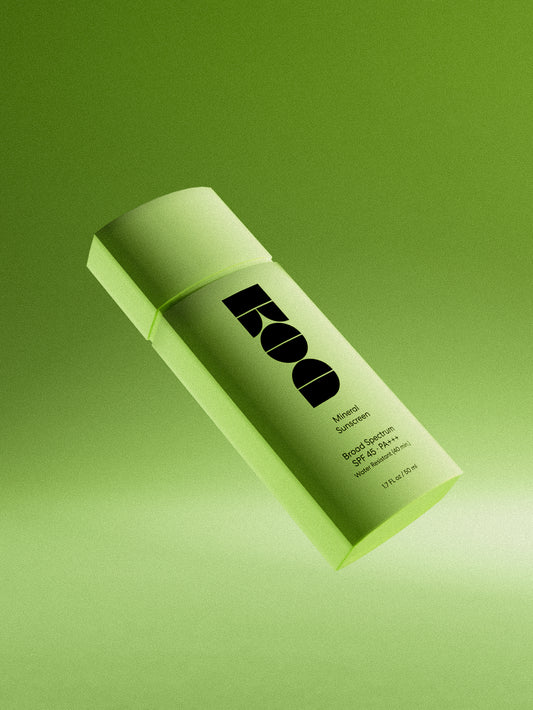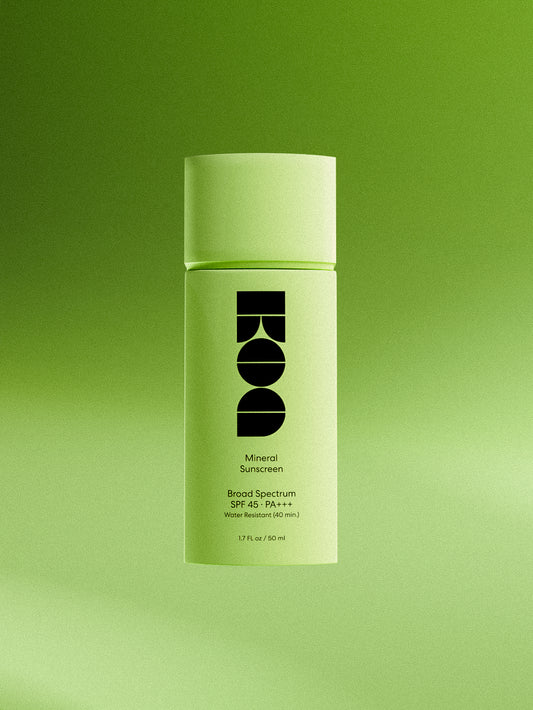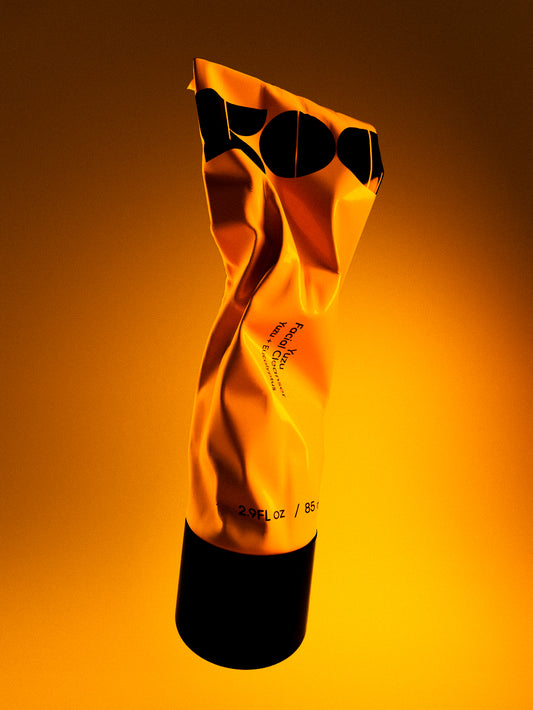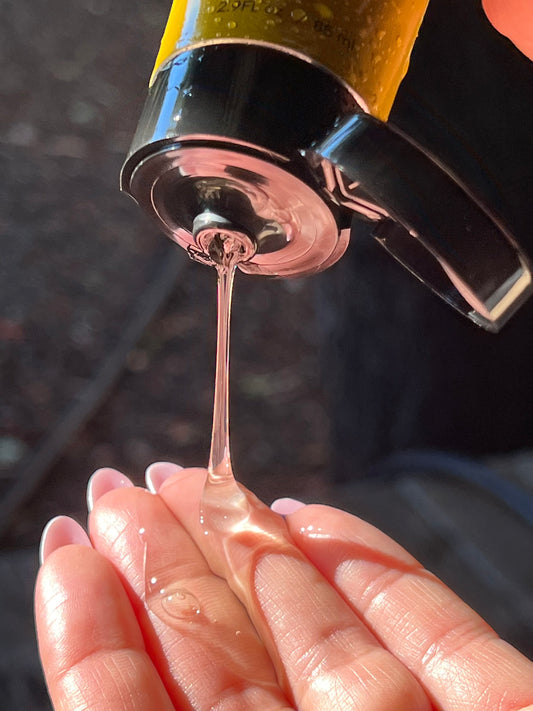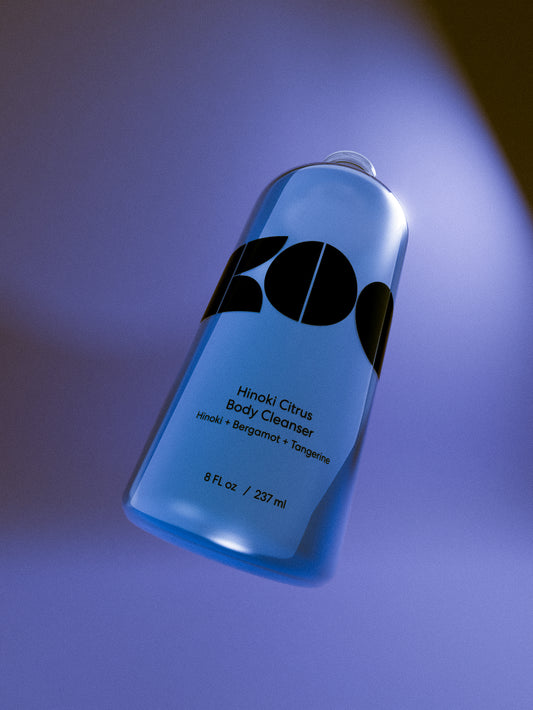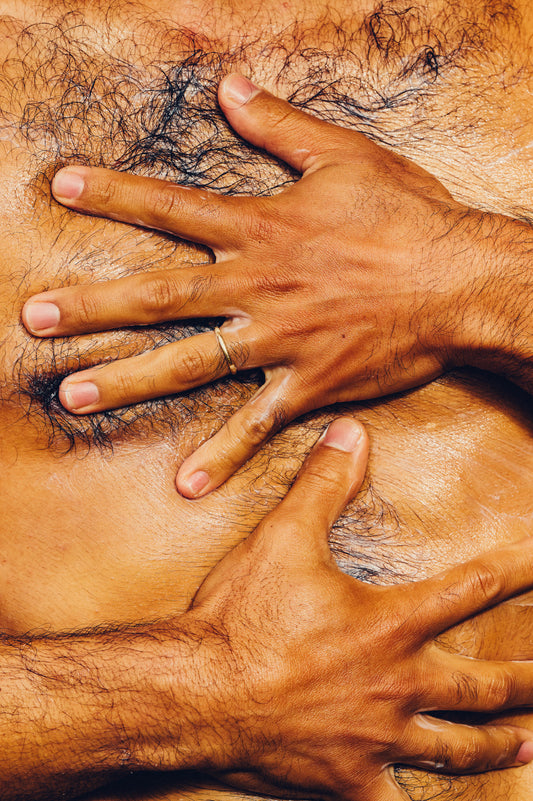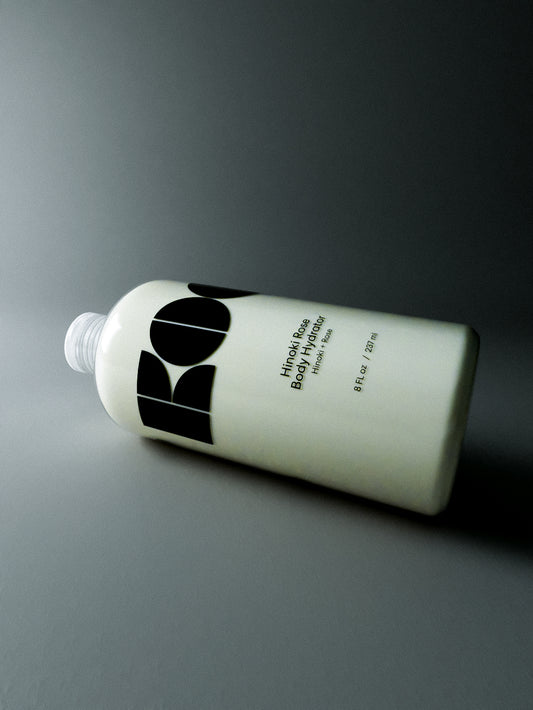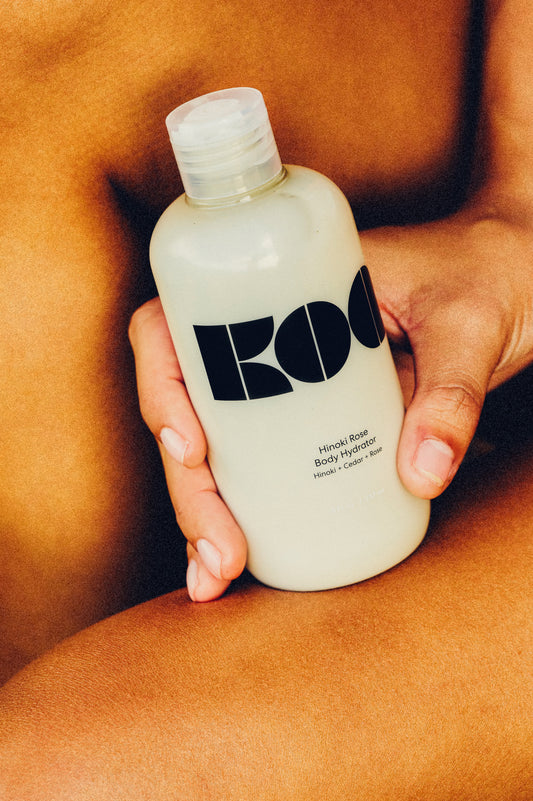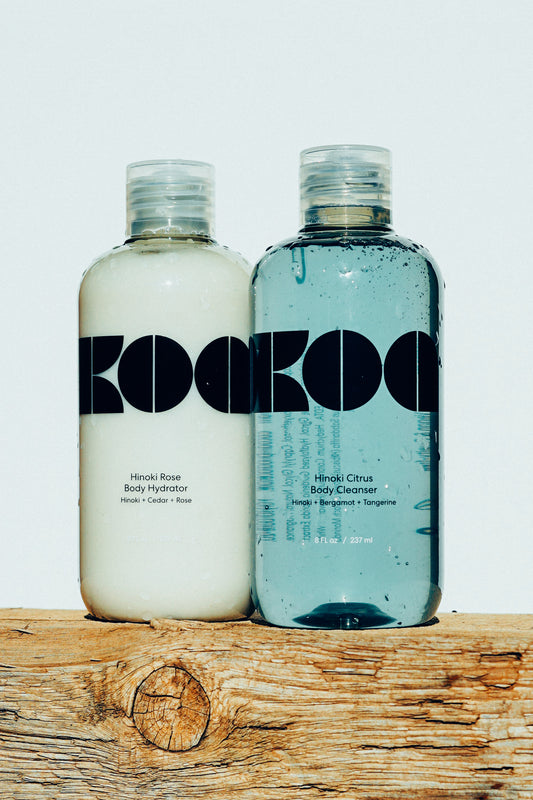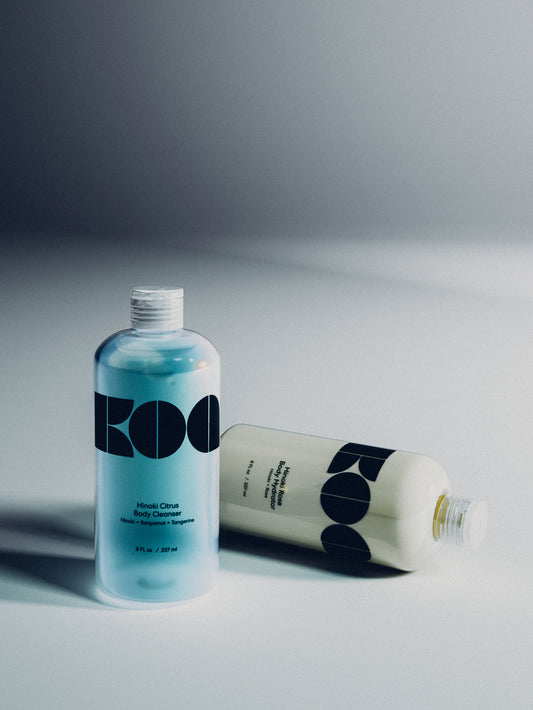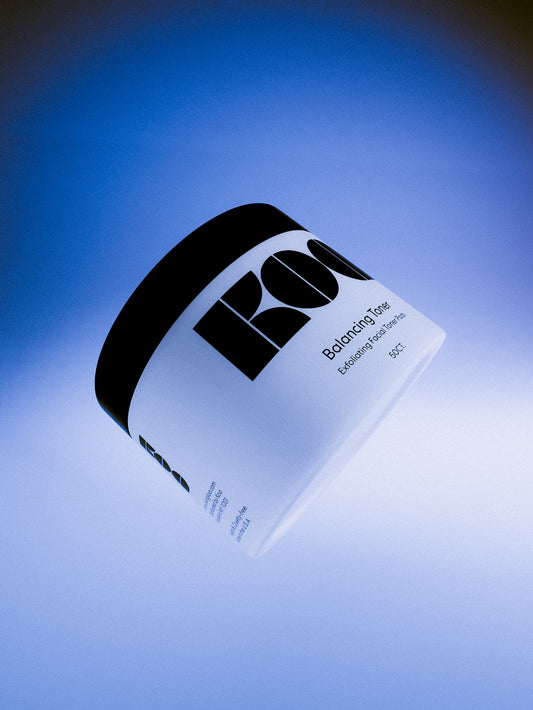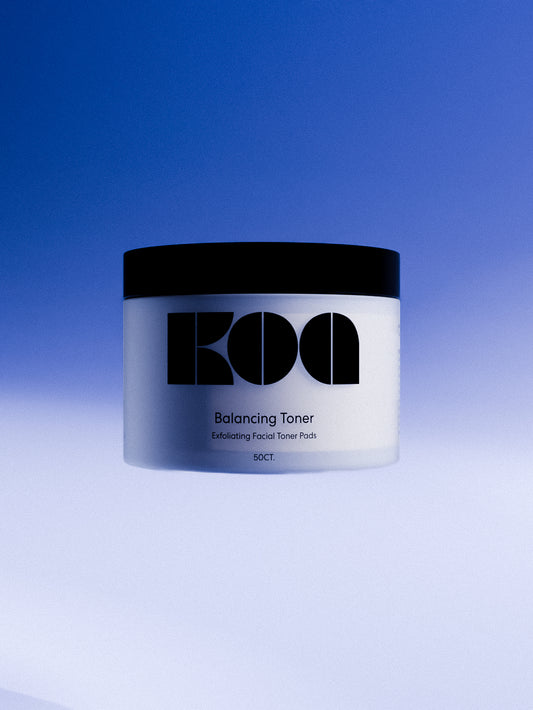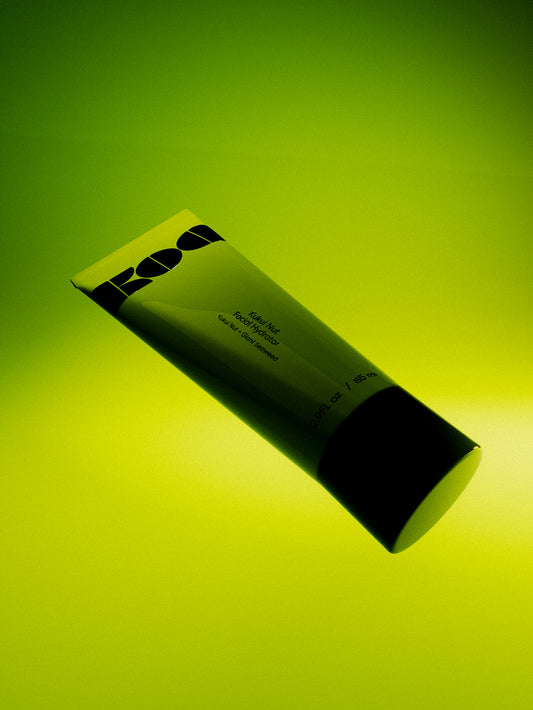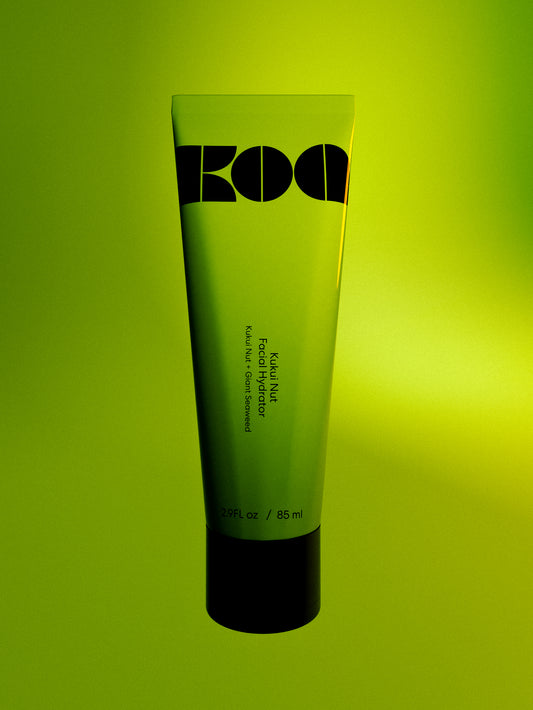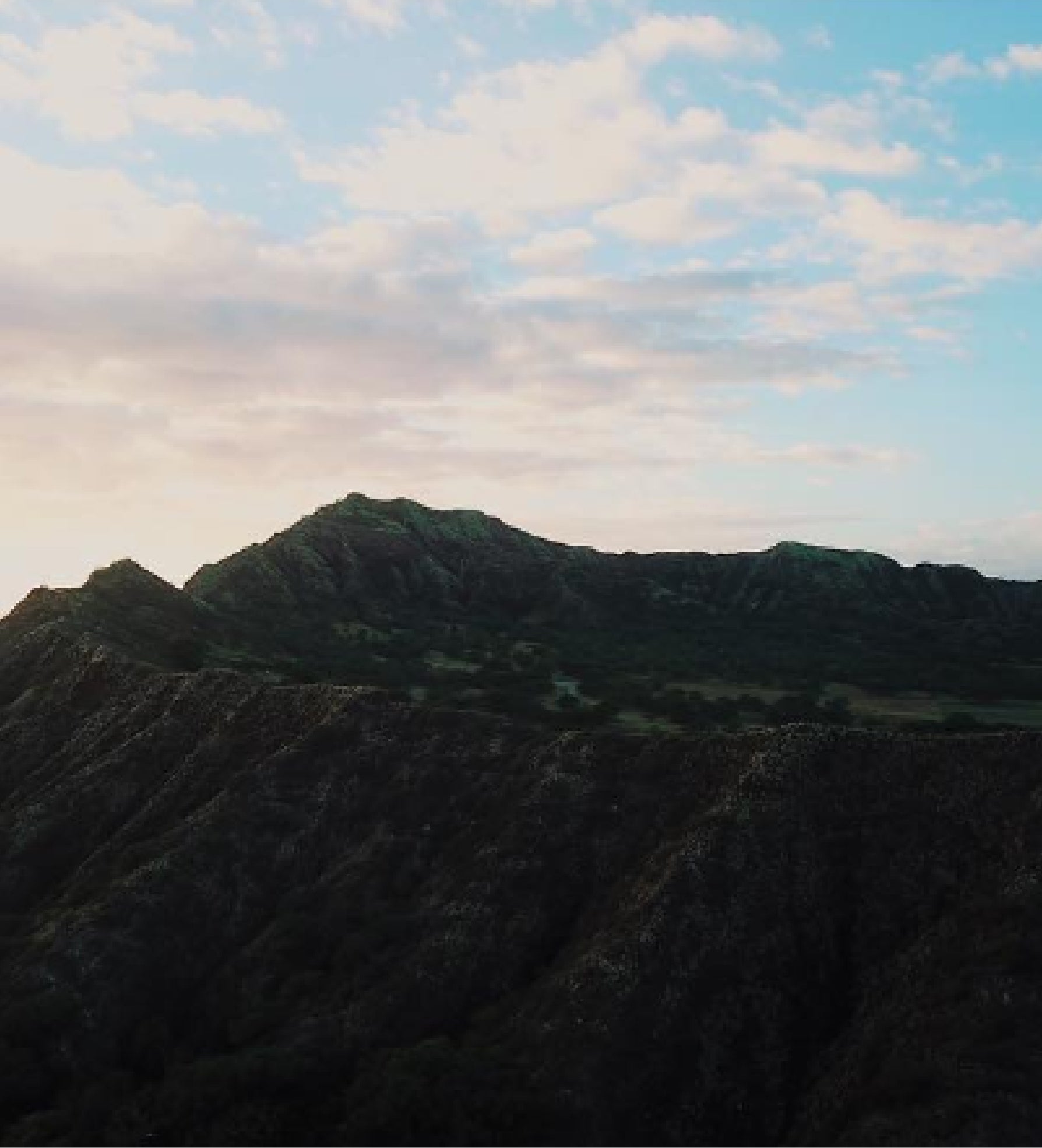We took a field trip to connect with Anthony Mau, agriculture scientist and founder of Kupu Place, an aquaponic farm supplying high quality greens to Honolulu’s restaurants. Anthony’s research and work bridges traditional conservation systems with cutting-edge farming techniques to produce low-impact, nutrient-dense foods.
In this interview we discuss the cultural throughlines of farming, maintaining a healthy workflow, and building and scaling an environmentally-responsible agribusiness
00. Introduction
Aloha! Can you tell us a bit about yourself?
My name is Anthony Mau. I farm for a living with my own agribusiness called Kupu Place, and have been farming in aquaculture and agriculture for about 10 years professionally. I am also a research scientist with a Ph.D. in Molecular Biosciences and Bioengineering from the University of Hawaii where I studied ‘opihi in aquaculture and the coastal environment.
My passion is caring for our ‘aina, which from a Hawaiian world view includes and definitely does not limit the integration of many systems within the ahupua’a (entire watershed). I’ve always been interested in what we call conservation, especially marine conservation, but more importantly, I am focused on producing food in a way that doesn’t negatively impact our ever-changing oceanic environment.
Why do you do what you do? How does being a farmer connect you to your culture and heritage?
Farming connects me to my own mixed Asian heritage, and being descendants of food producers who came to Hawaii to contribute to the growing plantations across various islands. It is in my blood to be a farmer, and this is only a reconnection to our lineage as farmers since my parents and grandparents did not pursue farming. A cool story my family recently shared with me is that 6 generations ago, my family was farming kalo in Waipio, Hawaii Island – a very sacred and abundant area where kalo is still being produced till this day.

01. Connection
How do you connect to nature? What was a specific moment that reminded you that you are part of the natural world?
I’m most connected to nature when I am in nature. I consider the farm to be natural, and we try to landscape in a way that allows the land to breathe, even if we still grow in green houses. One of the biggest lessons I have learned through the work I do, is that humans do play a significant and positive role in the health of our planet. When I was serving as a kalo farmer, we saw native bird populations rebound in the wetland ecosystem when we started to open up more lo’i and produce healthy kalo. One of the key concepts here is that we can either build or destroy essential habitat for other species; and in the lo’I we were creating that space for safe food foraging and nesting.
Between farming, ‘opihi research and conservation, and business, the underlying theme is ‘aina. In work I do, the mind-set is to keep our community whole and moving forward for future generations to thrive.

02. Balance
What does a typical day look like for you? What are your daily rituals?
My work flow includes a routine of waking up with first light. My body is already attuned to the natural photoperiod of the day! I throw on the work clothes and immediately make hot coffee. Although I don’t need it to be, I like my coffee strong. There is nothing better than buzzing to good music in the morning as the sun comes up, planning the day ahead… Next I’ll slip on my work boots and check the baby plants, fish, and whatever else requires my attention. It is pretty standard in farming to do most of the work in the morning while the sun is less intense, oh yeah, Hawaiians had it right back in the day with their lifestyle. After the physical labor is pau, I will often work on the business tasks that need my attention. I’ll be honest, computer work is tough to accomplish on a farm. That’s how it should be though. We are connected to the land, not so much worrying about money.

03. Tradition + Routine
What is a tradition you honor from your heritage? What is a new habit you're just starting, or sticking with this month?
One tradition I hold near and dear from my heritage is to work hard. Hard works beats talent when hardwork fails to work hard. Now if you can couple intellect with work ethic, that is the success right there! I am also really focused on practicing unconditional love or aloha. I want my business to honor this as well. Business is not just business if you are a food producer, and what I am finding is that the relationships are more important than the dollar at the end of the day.

04. Challenge
What's challenging you right now? How are you rising to meet the challenge?
Challenges right now include climate change and right-sizing our business during its expansion. We are tackling climate by growing in green houses, which leverages some of the elements of controlled agriculture like protection from rain, pests, and other variables that typically give farmers a hard time. We are also farming in aquaponics, hydroponics, and utilize state-of-the-art irrigation systems to reduce water consumption; and in the future, are planning to solarize our operation with photovoltaic renewable energy.
As we scale, we are investing in new technologies and constantly finding more efficient ways to produce more crop in the same foot print without over-working out staff. This is a challenge for all businesses, but for our small family farm, we do not want to compromise the environment or our people in the process.

05. Motivate
What gets you moving everyday? Is it physical exercise, creative expression, social engagement? Tell us about your chosen method of being active.
What motivates me is seeing how our healthy foods are impacting people’s lives. We see how we allow for others to create culinary master pieces using our premium greens and garnishes, and it tickles me to think that they enjoy using our products. I also love building things with my hands and being outdoors. The opportunity to continue to build sustainable food systems – either tradition like lo’i or modern like our green houses – it is a very rewarding processes to engineer things.



